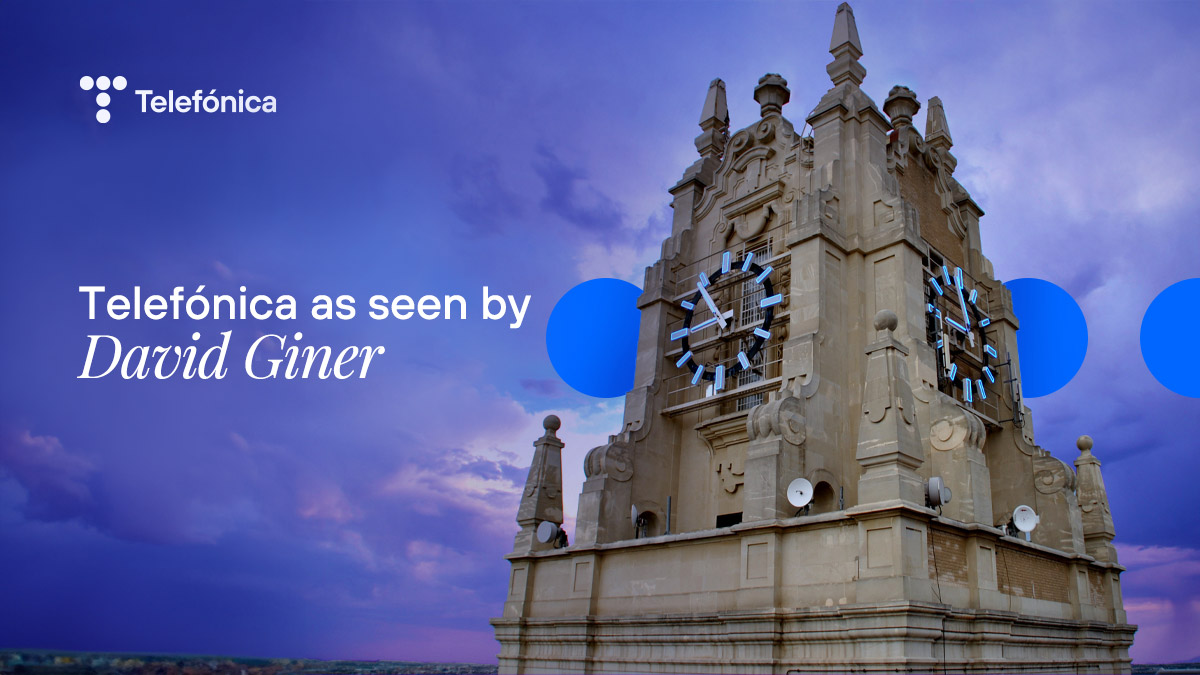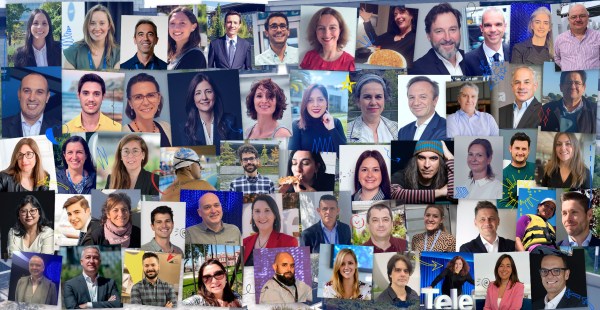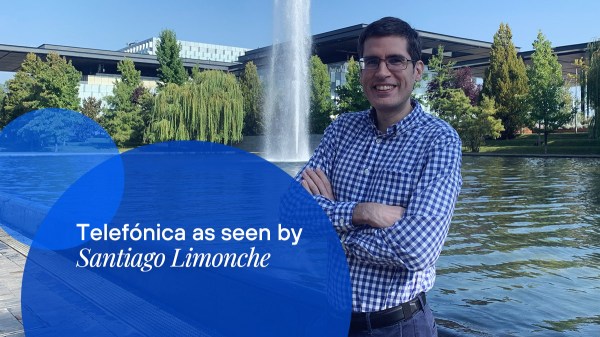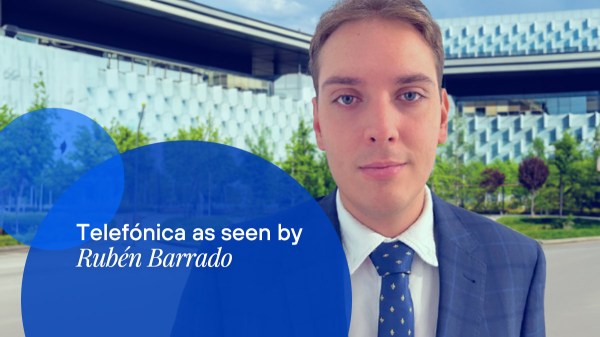How long have you been with Telefónica and what is your assessment of your time here?
I arrived here in 2001, with the idea of spending a few years here, getting to know the business environment and then quickly returning to practice in a law firm. I’m still here, so I guess that explains my assessment… Joining Telefónica has allowed me to lead a professional and personal life that even in my best dreams as a provincial graduate I couldn’t have envisaged. And I have learnt things here about relationships in the workplace and human nature that I don’t know if I would have learnt in any other environment.
Is there a project at Telefónica that you are particularly proud or satisfied with?
More than a specific project, what has made me happiest over the years is that I have been able to change projects almost continuously, and so I have got to know very different areas of legal practice and the Group, from M&A to real estate, including the digital world, wholesale businesses such as TIWS and now infrastructure in T. Infra, an area in which I have been working for a couple of years and which has been one of my best Telefónica experiences. For a lawyer, moving away from specialisation is an infrequent privilege, and this possibility of turning around and starting again is given in very few places, so for me to have had it in Telefónica is a real prize.
What do you think Telefónica has contributed to society from birth?
Progress, in its dictionary meaning: the capacity to advance and improve and to drag society along with it. And leadership in many areas.
Where do you see Telefónica in the future?
Collectively, I see it as one of the winners in the sector’s consolidation process. I also see it as a leader in network security as a gateway to the use of critical infrastructures that depend on the internet. And I see it knowing how to do all this and creating new businesses always under a clear motto, which is not mine but Julia Hobsbawm’s: with a balance between progress and decency (decency understood in its true meaning, that of honesty, dignity and modesty).
I would also like to think that we will be able to anticipate the effects on society of new technologies and collaborate in their effective regulation. And perhaps that we participate in a refoundation of the internet that involves the division of the large platforms, which are not European, and that the internet can be transformed into a network made up of several networks, decentralised and less dependent on a few companies than it is now.
And, of course, I see Telefónica leading social debates and changes: part of corporate social responsibility should be to take clear positions on many public issues, such as inequality or education, even at the risk of making things uncomfortable or losing things by doing so.
On an individual level, I hope it continues to be a place where guys like me can have these enriching professional experiences.
Could you live without a mobile phone?
I’d like to think so, but I’m afraid not. On the other hand, there are parts of the technology package that I do think are dispensable, or at least can be of secondary use. For example, I don’t use social media, and I don’t feel like I’m missing out on anything. I believe more in the written press of serious media, of which there are some, and in literature as a means of education and entertainment.
I have my LinkedIn, but I’m not very active, and I opened twitter and instagram accounts in 2018 because my publisher insisted – I published a novel that year – but they are abandoned and dedicated only to the book.
How did that novel do?
Well, it was a critical success and a public failure, what can you do… (for the curious: www.decidir.blog). It was about having the experience, and with that I also exceeded any youthful dream. Fortunately, I never dreamt of making a living out of it… Now I’m looking for an editor for another project, but it’s not easy.
Help us solve one of humanity’s great enigmas: the potato omelette… With onion or without onion?
There are good reasons for it to be called a potato omelette. If not, it would be called a potato and onion omelette. I think this is a sterile debate; the one with onion is just a variation or a by-product.
Nominate another colleague to appear in this section
Well, let’s make a fist of another telephonic writer, much better in this case: Manuel Crespo.







